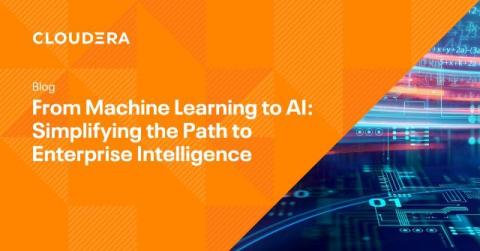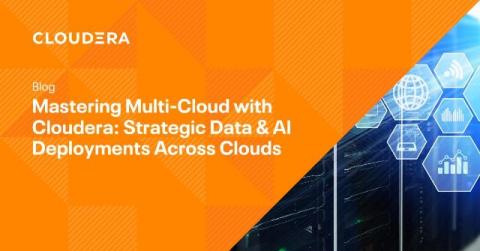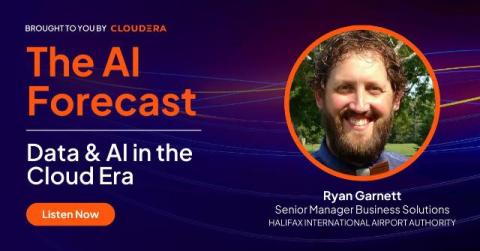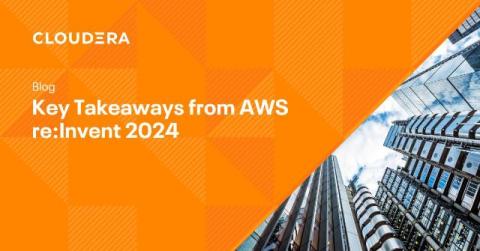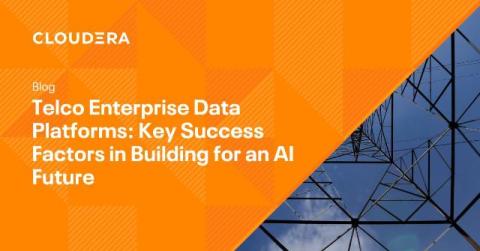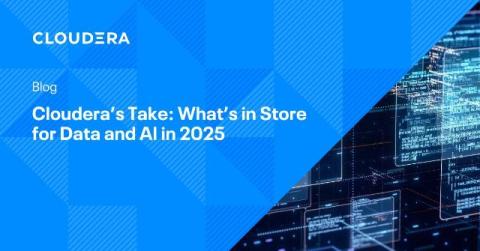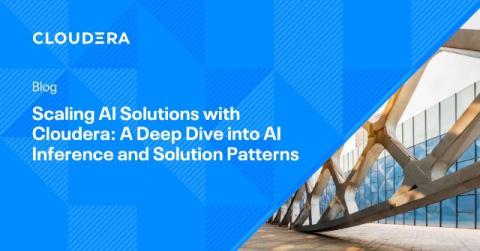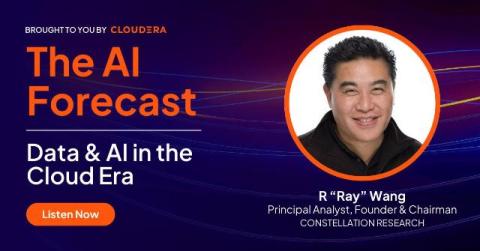From Machine Learning to AI: Simplifying the Path to Enterprise Intelligence
For years, Cloudera’s platform has helped the world’s most innovative organizations turn data into action. As the AI landscape evolves from experiments into strategic, enterprise-wide initiatives, it’s clear that our naming should reflect that shift. That’s why we’re moving from Cloudera Machine Learning to Cloudera AI.


